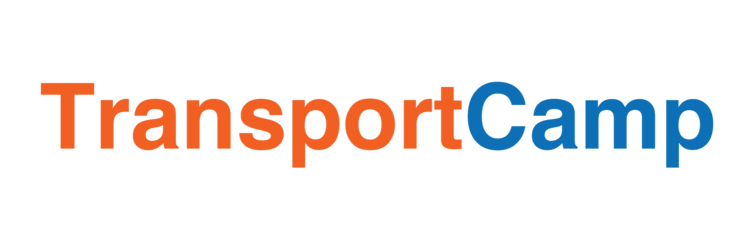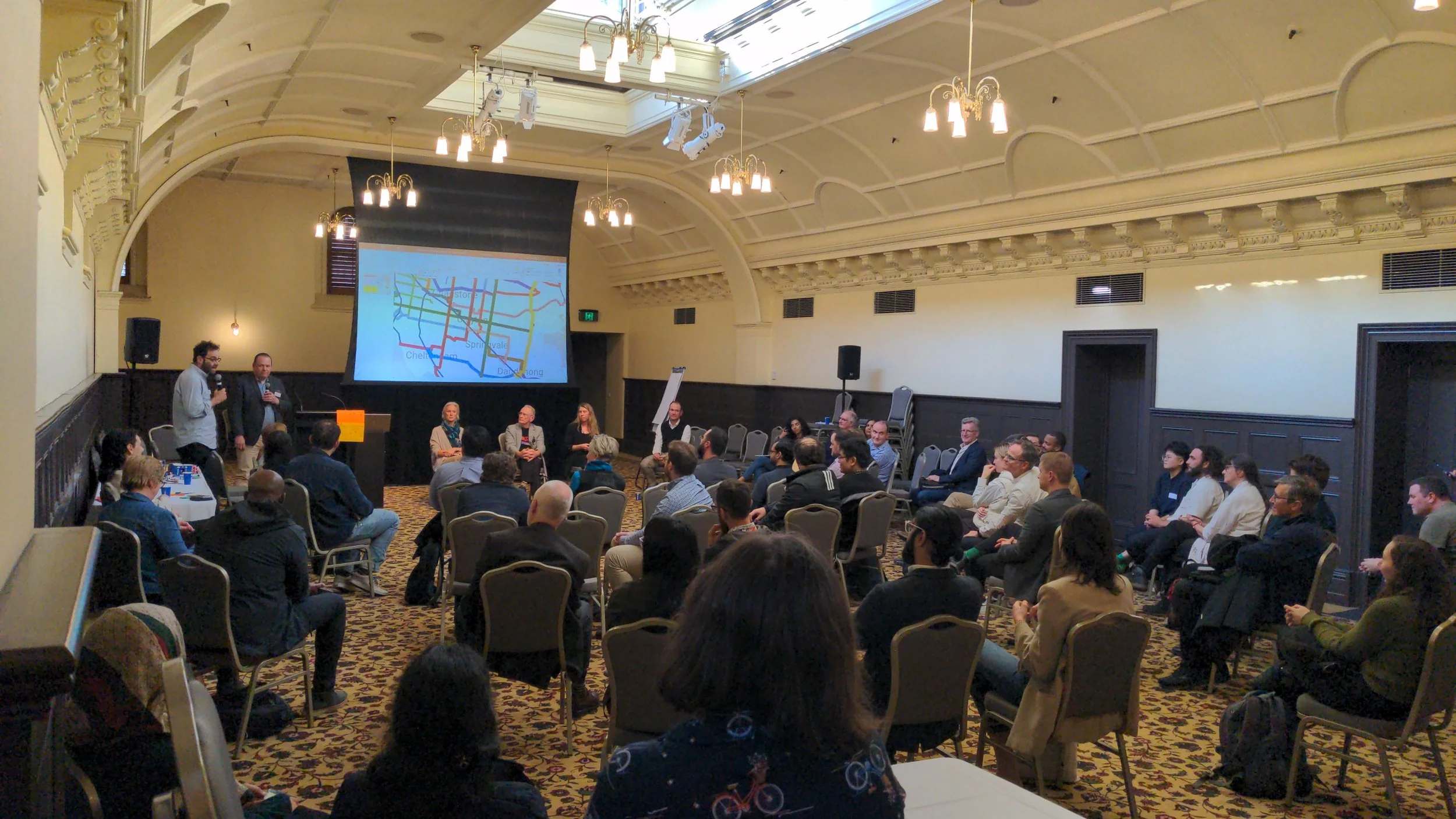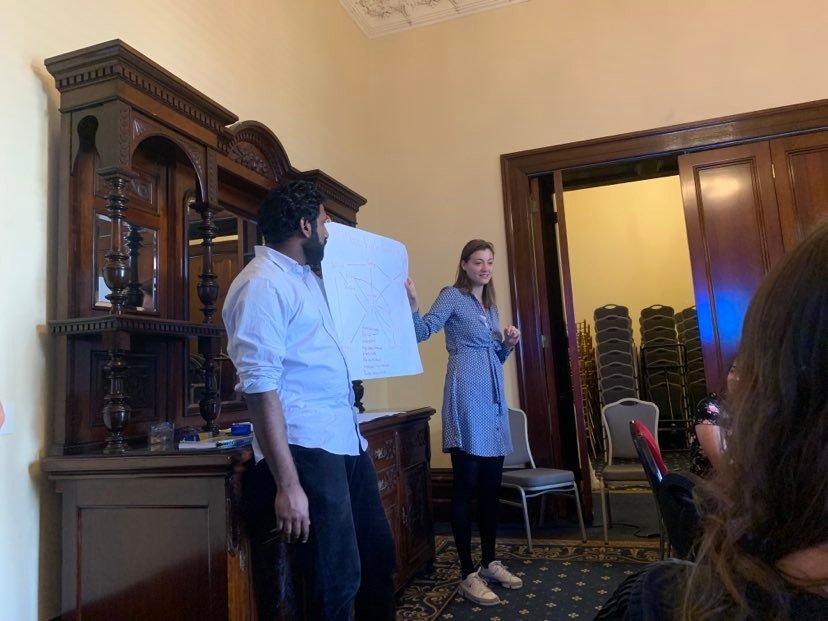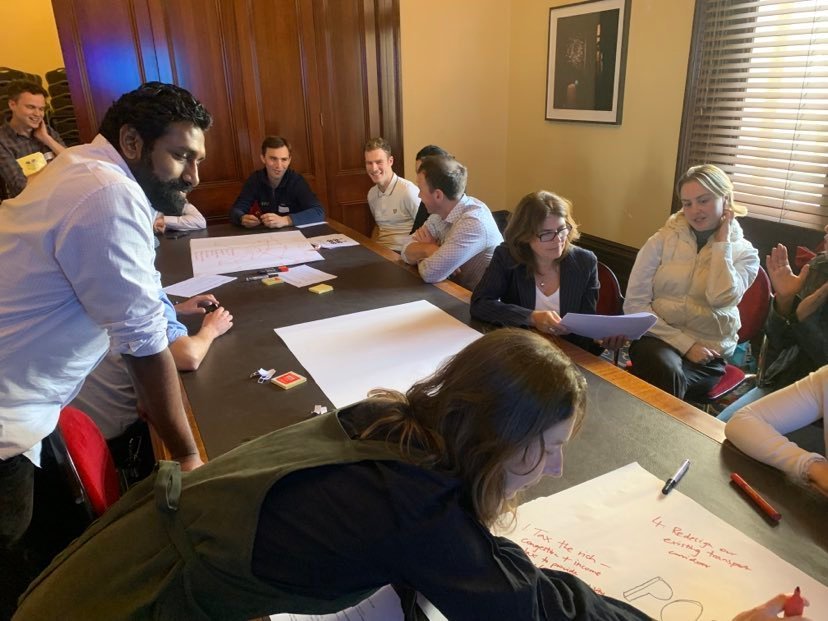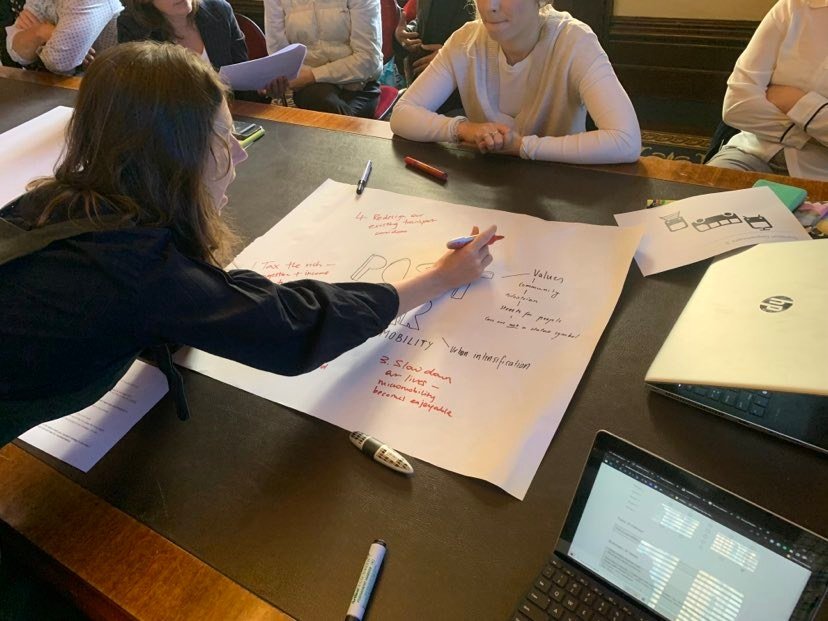Session: 5
Room: Melbourne Room
Session Title: Gender, Transport, and its Numerous Intersections
Format: Open Discussion
Presenter Name: Zoe (Merri-bek), Elise (CrowdSpot), and Adam (Merri-bek)
(Photograghed by Benish
Summary
Highly skewed and underrepresented numbers of women and non-binary people in cycling in Melbourne and Victoria. Removing the barriers to entry of bicycle riding
The gender gap in cycling (Elise): Absence in policy for people that do not identify as men or women. We need to shift the conversation from increasing cycling opportunities for women to increasing the opportunity for anyone facing barriers. Some barriers include: safety, and raising children. Transport data should be provided with a gender breakdown.
People ride to train stations when the alternatives are poor.
Designing cross-community routes rather than just 'journeys to work'. There is no data on these journeys because they are currently not catered for. No safe infrastructure that allows women to give things a try and have the opportunity to "fail".
Safety exists in many forms, including injury risk and the perceived safety of other people using the space.
Lighting is a concern in footpath safety. Roads have lights, but footpaths do not. However, lighting is not the only concern for gender inclusion.
Findings: Girls stopped using bicycles when moving from primary school to high school. Boys are given more freedom to travel to school independently.
It's about pushing that market, activating new infrastructure, and making sure people are aware. Consider micro-mobility as a mitigating solution for last-mile, after-dark trips.
Many people in typically female-dominated jobs will use scooters and won't cycle -
E-cargo bike trials (Zoe): - Doing persona route mapping, rich heat map of trips women are choosing. Most people who haven't cycled or used cargo bikes are returning to cycling after having children. Mapping is showing routes taken, routes being avoided, and what streets young families and women are riding on. If we do more of these trials, we can target infrastructure and show where we should be investing it.
Need quantitative and qualitative data - the stories of community members
